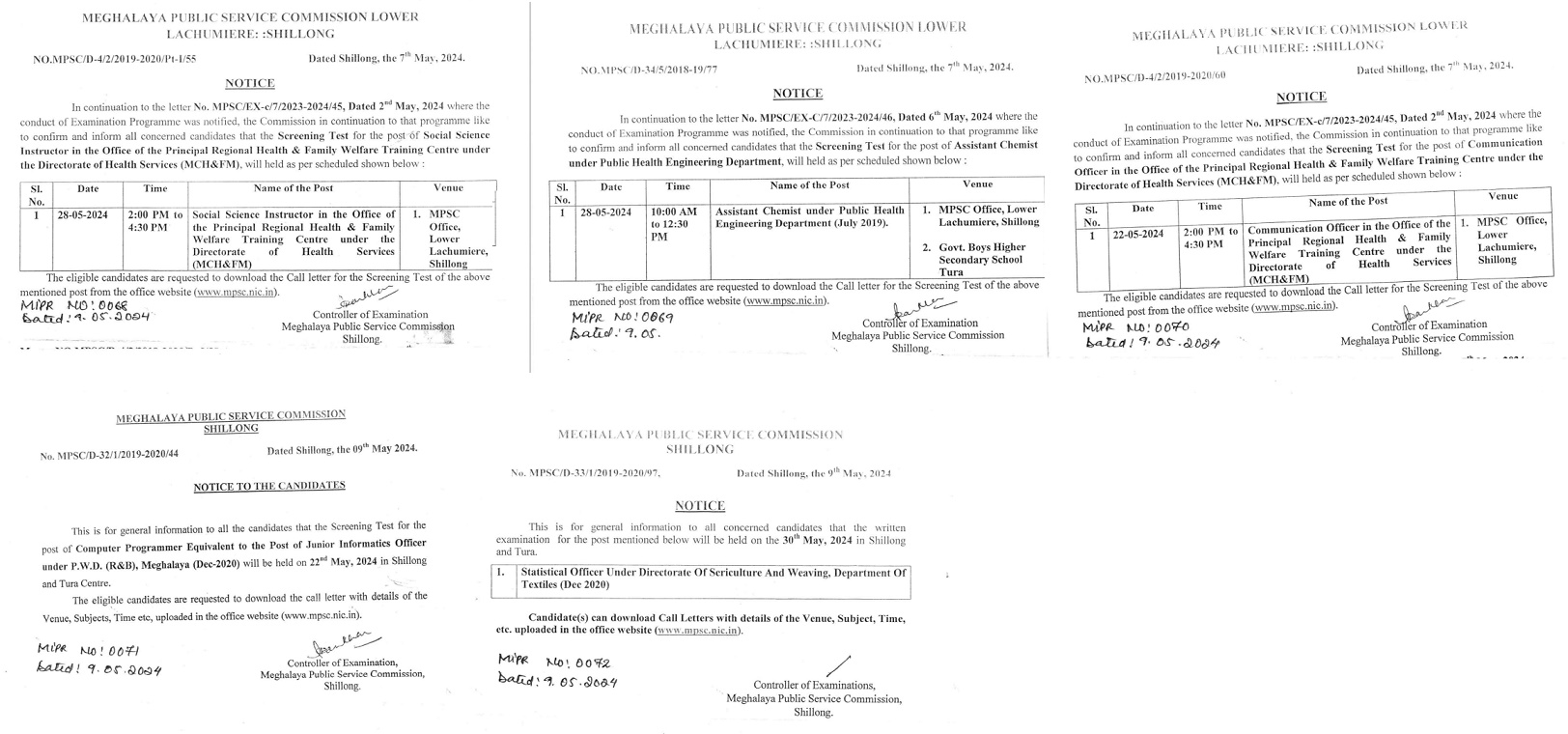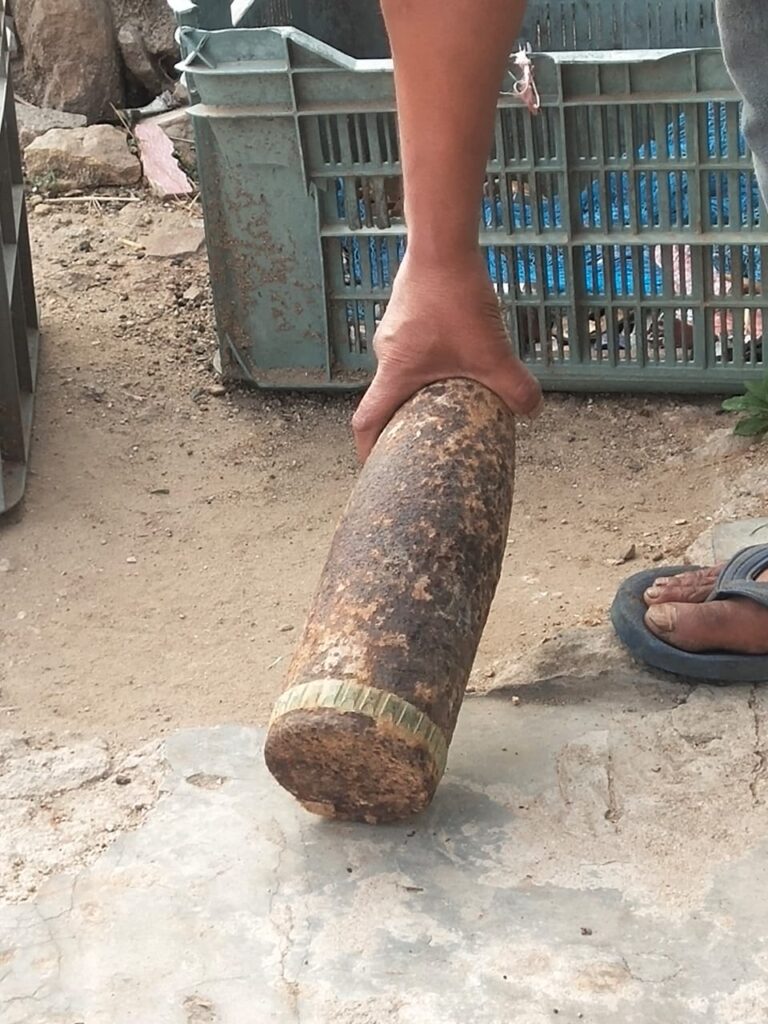 SHILLONG, NOV 23: Thousands of people dressed in their finest traditional outfits took part in celebrating the Seng Kut Snem – a festival of the indigenous Khasi faith and culture.
SHILLONG, NOV 23: Thousands of people dressed in their finest traditional outfits took part in celebrating the Seng Kut Snem – a festival of the indigenous Khasi faith and culture.Earlier, a cultural procession known as “Iaid Pyni Riti” showcasing the various facets of Khasi Life was taken out in the city with tableaux depicting the different facets of the indigenous culture and faith.
The procession culminated at the Weiking Ground, Jaiaw where special prayers were offered by the Seng Khasi priests.
The Seng Kut Snem is a festival that is observed to mark the Seng Khasi Movement.
Sixteen young men formed an organisation called the Khasi Young Men’s Association on November 23, 1899 to preserve and safeguard the indigenous way of life also known as Niam Trai Niam Tre after continued assault on the indigenous faith during the British rule.
The first anniversary celebration of the Khasi Young Men’s Association was called – “Seng Kut Snem”. The occasion was celebrated every year to commemorate the movement.
It was only in 1901, the association was renamed Seng Khasi.
This celebration is not a form of a New Year celebration as celebrated by many other communities in India but a form of Community Prayer for protection of the distinct identity of the Khasi Race.
During the celebration elders impart oral teachings, publish books and writings and conducted many programs about the traditional faith, beliefs, customs, behavior etiquette and the Khasi culture as bestowed by the ancient Khasi predecessors.
Speaking to reporters, Seng Khasi president Banteidor Rumnong said, “Seng Kut Snem is the celebration to commemorate the renaissance and awakening of the Khasi community as a whole.”
He recalled 117 years ago, the 16 magnanimous young men had stood up against the British imperialism in their fight to preserve of traditional beliefs and culture of the Khasis.
Asked, the president said that one of the threats particularly in the early times was the conversion to other faiths which led to the dilution of the culture, traditional beliefs and our own roots.
By Our Reporter




















+ There are no comments
Add yours